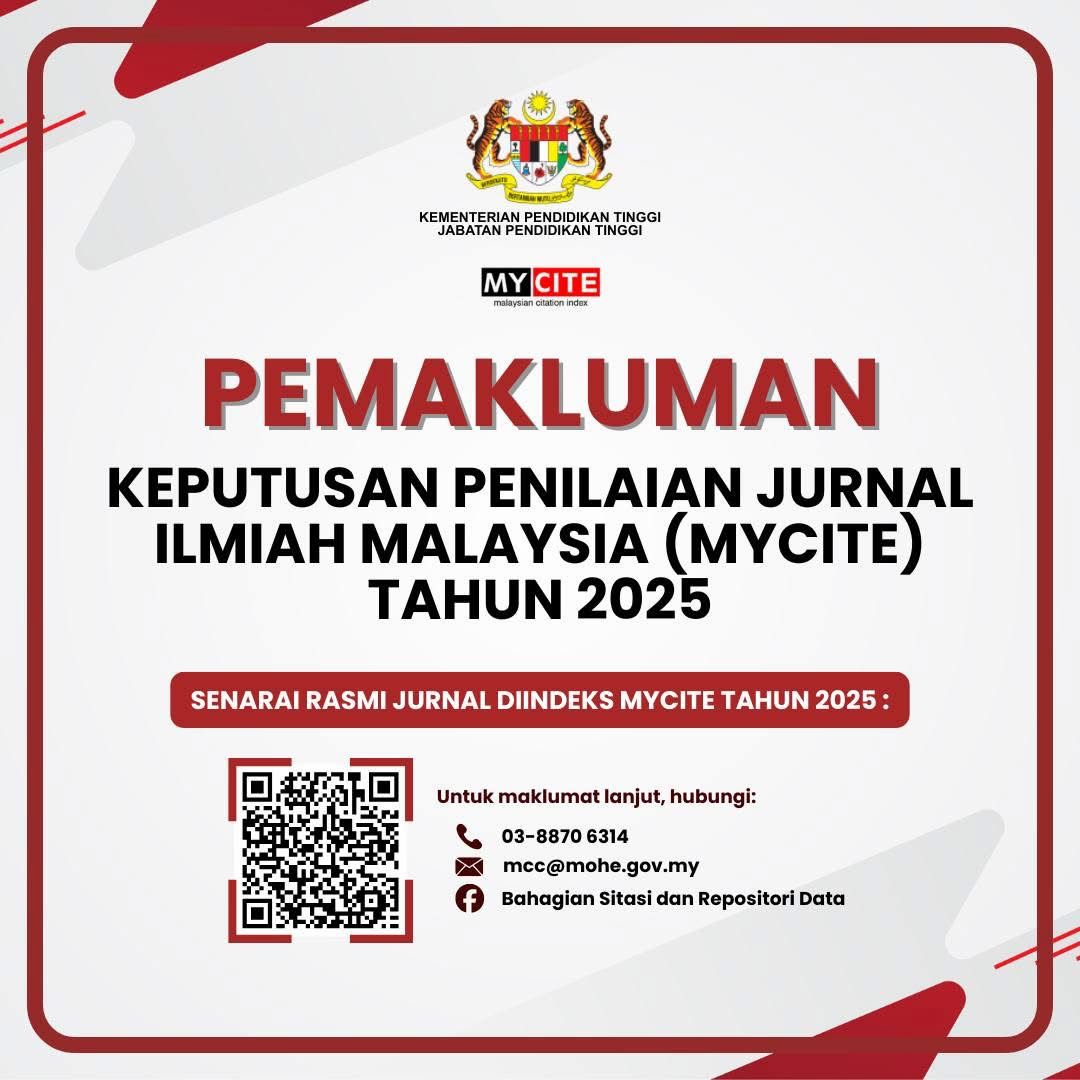Context-Aware Service Design in Digital Museums: Toward Personalized Visitor Experiences
DOI:
https://doi.org/10.24191/idealogy.v10i2.796Abstract
As an emerging service model, contextualized services have drawn significant attention both domestically and internationally, particularly in areas such as context modelling, system frameworks, and context-aware recommendation systems. Meanwhile, museums are evolving into vital platforms for fulfilling growing cultural and experiential demands. To adapt to the digital era, future museums must integrate contextualized services, which go beyond traditional user experience by enhancing the quality and personalization of museum environments and services. This article synthesizes existing research to clarify key concepts and examines the need for contextualized services from the perspectives of users, museums, and knowledge. It outlines the construction of a context-awareness model based on context data collection, computation, modelling, and evaluation. A user-centred service framework is proposed, comprising modules such as context awareness, resource integration, technical infrastructure, and scenario-based service delivery. The study also addresses current challenges in implementing contextualized services and suggests targeted solutions. Ultimately, it proposes strategies for enhancing museum scene construction to deliver deeper, more immersive visitor experiences.
Keywords: context-awareness, individualized service, recommended service, digitalized museum, scene-based service.
References
Adomavicius, G., & Tuzhilin, A. (2005). Incorporating contextual information in recommender systems using a multidimensional approach. ACM Transactions on Information Systems, 23(1), 103–145.
Chen, C. (2019, October 29). Challenges and countermeasures—How should museum exhibitions tell good stories? Hongbo.com. http://www.hongbowang.net/news/yj/2019-10-29/14602.html
Chen, G. (2017). Reflecting on the definition of museums from the social role of museums in the 21st century. Museum, (06), 20–26.
Cun, A., & Zhang, Y. (2011). Social and public education in Japanese museums and art galleries in 2010—Current status and future prospects. Art Observation, (02), 15–17.
Dey, A. K. (2000). Providing architectural support for building context-aware applications (Doctoral dissertation). Georgia Institute of Technology.
Falk, J. H., & Dierking, L. D. (1992). The museum experience. Routledge.
Brüggmann, F. (2016). Polly McKenna-Kress / Janet A. Kamien: Creating exhibitions. Collaboration in the planning, development and design of innovative experiences. Zeitschrift für Kulturmanagement, 2(1).
Gavalas, D., & Kenteris, M. (2011). A web-based pervasive recommendation system for mobile tourist guides. Personal and Ubiquitous Computing, 15(7), 1–12.
Hong, J., Suh, E., & Kim, J. (2009). Context-aware system for proactive personalized service based on context history. Expert Systems with Applications, 36(4), 7448–7457.
Ioannides, M., & Davies, R. (2018). ViMM–Virtual Multimodal Museum: A manifesto and roadmap for Europe's digital cultural heritage. In 2018 IEEE International Conference on Intelligent Systems (IS) (pp. 1–4). IEEE.
Kim, J., Kim, J., Lee, B., & Lee, H. (2014). Item recommendation based on context-aware model for personalized u-healthcare service. Multimedia Tools and Applications, 71(2), 855–872.
Kim, K.-J., Park, S.-B., & Lee, J.-K. (2010). Context-aware recommender systems using data mining techniques. In Proceedings of the World Academy of Science, Engineering and Technology, 357–362.
Kong, X., & Sun, H. (2003). From closed to open: The idea of the museum industry cutting into the tourism market. Economic Forum, (21), 30–31.
Kwon, O., Lee, N., & Shin, J. (2005). NAMA: A context-aware multi-agent based web service approach to proactive need identification for personalized reminder systems. Expert Systems with Applications, 29(1), 17–32.
Landau, E., & Hudson, K. (1980). Museums for the 1980s: A survey of world trends. Leonardo, 12(4), 345.
Lee, B.-H., Yoon, Y., & Park, S.-B. (2006). Location-based service with context-data for a restaurant recommendation. In DEXA 2006: Lecture Notes in Computer Science (pp. 430–438). Springer.
Li, Y. (2004). Analysis on the development status and development countermeasures of my country's museum tourism products. Human Geography, (04), 30–32, 90.
Madkour, M., Ahmed, H., & Khalil, I. (2012). Context-aware service retrieval in uncertain context. In Proceedings of International Conference on Multimedia Computing and Systems (ICMCS) (pp. 611–616). IEEE.
Marchetti, E. (2013). Playful learning culture in the museum: Micro culture and guided tour practice. In Teaching and learning culture: Negotiating the context. Sense Publishers.
Satoh, I. (2015). Lessons learned from context aware service experiences in the real world. In Procedia Computer Science: Proceedings of the 2nd International Symposium on Emerging Inter-networks, Communication and Mobility (EICM 2015) (pp. 441–446).
Schilit, B., Adams, N., & Want, R. (1994). Context-aware computing applications. In Proceedings of the Workshop on Mobile Computing Systems and Applications (pp. 89–101).
Shan, J. (2015). Talking about the exhibition in the museum. Beijing: Forbidden City Press.
Su, J.-H., Yeh, C.-H., & Chang, P.-C. (2010). Music recommendation using content and context information. IEEE Intelligent Systems, 25(1), 16–26.
Wang, S. (2016). Reflection and evolution of museum audience research: An analysis of audience experience based on cases. Chinese Museum, (02), 7–15.
Wu, J. (2014). Frontiers of urban sociology research: A review of scenario theory. Sociological Review of China, (02), 90–95.
Xie, B. (2018). Research on scene-based resource recommendation service of mobile library based on context awareness. Journal of Library Science, (08), 116–119. https://doi.org/10.14037/j.cnki.tsgxk.2018.08.025
Yang, S. J. H., & Shao, N. W. Y. (2007). Enhancing pervasive Web accessibility with rule-based adaptation strategy. Expert Systems with Applications, 32(4), 1154–1167.
Yap, G.-E., Tan, K.-L., & Pang, H. (2007). Discovering and exploiting casual dependencies for robust mobile context-aware recommenders. IEEE Transactions on Knowledge and Data Engineering, 19(7), 977–992.
Zeng, J. (2018). Promote library scene service. Digital Library Forum, (11), 1. https://doi.org/10.3772/j.issn.1673-2286.2018.11.001
Downloads
Published
Issue
Section
License
Copyright (c) 2025 UiTM Press

This work is licensed under a Creative Commons Attribution-NonCommercial-NoDerivatives 4.0 International License.
UiTM Press (the Publisher) has agreed to publish the undersigned author’s paper in Idealogy Journal. The agreement is contingent upon the fulfilment of a number of requirements listed below.
1. The undersigned author warrants that the paper entitled below is original, that it is not in any way libellous or unlawful in Malaysia, that it does not infringe any copyright or other proprietary right. The undersigned hereby represents and warrants that he/she is the author of the paper, except for material that is clearly identified as to its original source, with permission notices from the copyright owners where required. The undersigned represents that he/she has the power and authority to sign and execute this agreement.
2. The undersigned author warrants that the paper entitled below has not been published elsewhere, and also it will not be submitted anywhere else for publication prior to acceptance/rejection by this Journal.
3. By submitting the paper entitled below, the undersigned author agrees to transfer the rights to publish and distribute the paper in an international e-journal (entitled above) to Publisher.
4. The undersigned author agrees to make a reasonable effort to conform to Publisher's submission guidelines and to liaise with the editor to ensure that the requirements of these guidelines are met to a reasonable degree.
5. The corresponding author signs for and accepts responsibility for releasing this material on behalf of any and all coauthors. This agreement is to be signed by at least one of the authors who has obtained the assent of the co-author(s) where applicable. After submission of this agreement signed by the corresponding author, changes of authorship or in the order of the authors listed will not be accepted.




